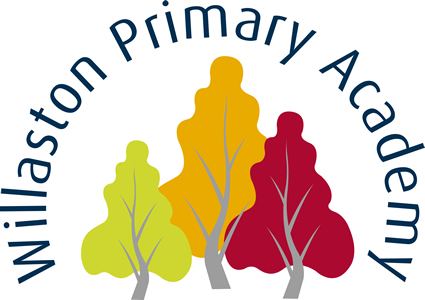History
🏛️Intent
The intent of our History curriculum is to ignite pupils’ curiosity about the past and foster a lifelong love of learning through a coherent and rich exploration of historical events, figures, and themes. We aim to:
- Develop a chronological understanding of British and world history, enabling pupils to situate events and concepts within a broader context. For example, Year 4 pupils study the Anglo-Saxons and Vikings, linking this with their understanding of the timeline of British history.
- Encourage critical thinking and analytical skills, helping pupils to evaluate primary and secondary sources. In Year 6, pupils write and analyse letters from World War II to understand the personal impact of the war.
- Cultivate an appreciation for historical diversity and the experiences of various groups, including under-represented communities. For instance, Year 1 explores the contributions of significant figures such as Matthew Henson and Ellen Macarthur
- Foster a connection between historical knowledge and the present. In Year 5, pupils explore the Victorians and discuss their effects on life today, such as key inventions.
- Understand and highlight the importance of local history in relation to our school and its community – Willaston, Crewe and Nantwich, Cheshire. Pupils in Year 6 investigate the history of local transport, such as the railway, and its impact on the community.
To achieve these aims, our curriculum is designed to be engaging, inclusive, and tailored to meet the needs of all learners, ensuring that every child can access and enjoy the study of history.
🏛️Implementation
Our History curriculum is delivered through an enquiry-based approach that encourages active learning and exploration. Key elements include:
- Sequential Curriculum Design: Each year group follows a thoughtfully constructed curriculum journey that builds on prior knowledge and skills. For example, Y1 pupils begin with the Gunpowder Plot and progress to understanding early British history with a focus on Victorian schools.
- Cross-Curricular Links: History is integrated with other subjects such as geography, art, and literature. For instance, Year 3’s exploration of Ancient Greece includes studying Greek art and architecture.
- Engaging Learning Experiences: We employ a variety of teaching methods, including hands-on activities, role-play, and historical simulations. For example, Year 4 pupils take part in a Roman classroom experience, dressed in period clothing, to gain insights into the education of that time.
- Diverse Resources and Perspectives: We curate a broad range of resources. During the study of World War II in Year 6, pupils engage with audio recordings of veterans' stories, photographs, and literature to gain different perspectives on the war.
- Assessment for Learning: Regular formative and summative assessments and feedback are woven into lessons. All pupils complete quizzes at the start of all history topics to assess their current and prior knowledge. These are repeated to show progress and address misconceptions.
🏛️Impact
The impact of our History curriculum is assessed not only through academic performance but also through the development of essential skills and attitudes in our pupils. Evidence of impact includes:
- Knowledge and Understanding: Pupils demonstrate strong chronological knowledge. For instance, Year 5 students can coherently recount the changes brought about by the Victorians and their many inventions that are used today.
- Critical Thinking and Analysis: Pupils exhibit the ability to question, analyse, and evaluate historical sources. Year 6 pupils engage in debates about the causes of World War II, presenting well-structured arguments supported by evidence.
- Cultural Awareness and Empathy: Through their learning, pupils develop a nuanced appreciation of diverse cultures. Feedback from Year 4’s study of the Roman Empire includes reflections on the impact of Roman rule on local tribes, demonstrating understanding beyond mere facts.
- Engagement and Enthusiasm: Surveys indicate high levels of enthusiasm; for example, Year 6 pupils consistently express excitement during and about their World War II activity day.
- Community and Parental Involvement: The school actively involves the community. Recent collaboration with a local historical society and the community resulted in a project where the school celebrated the 50th anniversary and the history of Willaston Primary Academy and presented findings at a school community event.
Overall, our History curriculum not only meets but exceeds the expectations set out in the Ofsted framework, preparing pupils to become informed, thoughtful, and active participants in their communities and the wider world.
